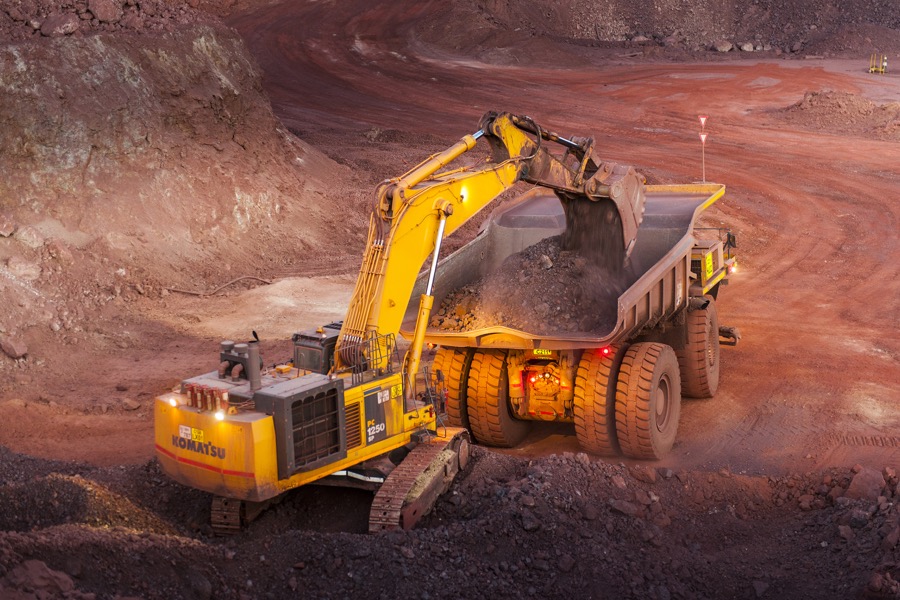Kumba Iron Ore on Tuesday reported a sharp drop in interim earnings, hurt by weak prices and a stronger rand, but introduced a targeted dividend ratio policy of 50 to 75% of headline earnings, sending its share price higher.
Investors across the mining sector have been hungry for dividends after years of depressed prices and low returns from a capital-intensive industry that requires long-term investment. Kumba’s share price at midday was 4.2% higher.
“The new dividend policy will target a base dividend range of between 50% and 75% of headline earnings,” Kumba, a unit of Anglo American, said in a statement.
Investors across the mining sector have been hungry for dividends after years of depressed prices and low returns from a capital-intensive industry that requires long-term investment.
“While we will prioritise shareholder returns in allocating capital, our aim is to maintain a flexible capital structure … as well as to ensure an appropriate level of capital is allocated to life extension projects.”
Kumba’s dividend yield is already high in relation to its peers at 10.65% compared with 3.95% for Johannesburg’s Mining Index.
The company reported headline earnings of almost R3 billion ($222 million) versus R4.6 billion in the first six months of last year while paying out a dividend of R14.51 per share compared to R15.91 last year.
Operating in South Africa often presents challenges and the company flagged problems with the rail network, which like other state-run sectors of the economy has suffered from mismanagement and underinvestment.
Kumba, which extracts ore in the remote Northern Cape province that is taken by train to port, said it had experienced four derailments of its products in the first half of the year. There were two derailments in the second half of 2017.
This cost it 2.4 million tonnes in lost sales, over 10% of total H1 sales of 21.2 million tonnes, and forced it to declare a force majeure in March.
“The derailed wagons have been replaced and performance is being monitored closely to secure delivery of our contractual capacity,” the company said.
“Initiatives have been implemented to mitigate the impact of derailments, which include reducing loading times and improving our turnaround times at the mines.”





Comments